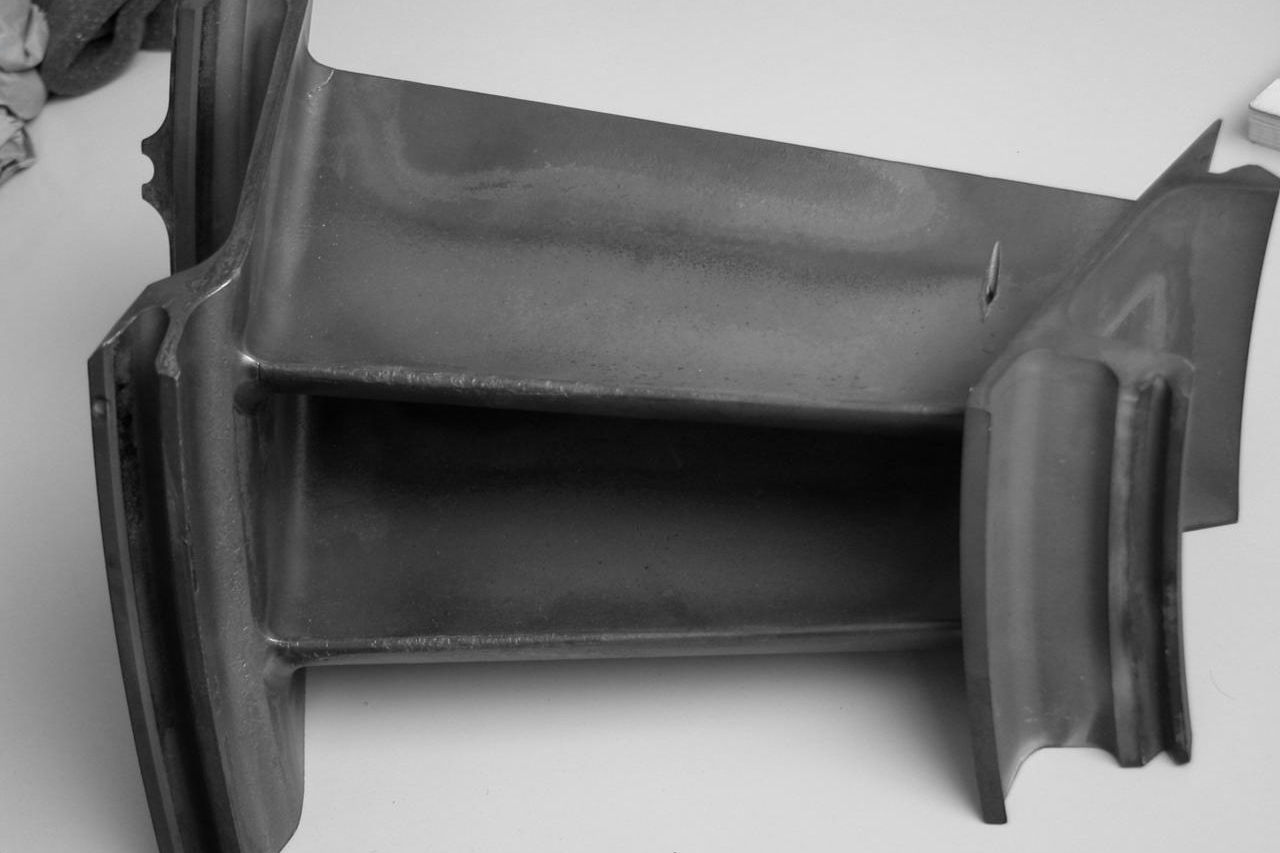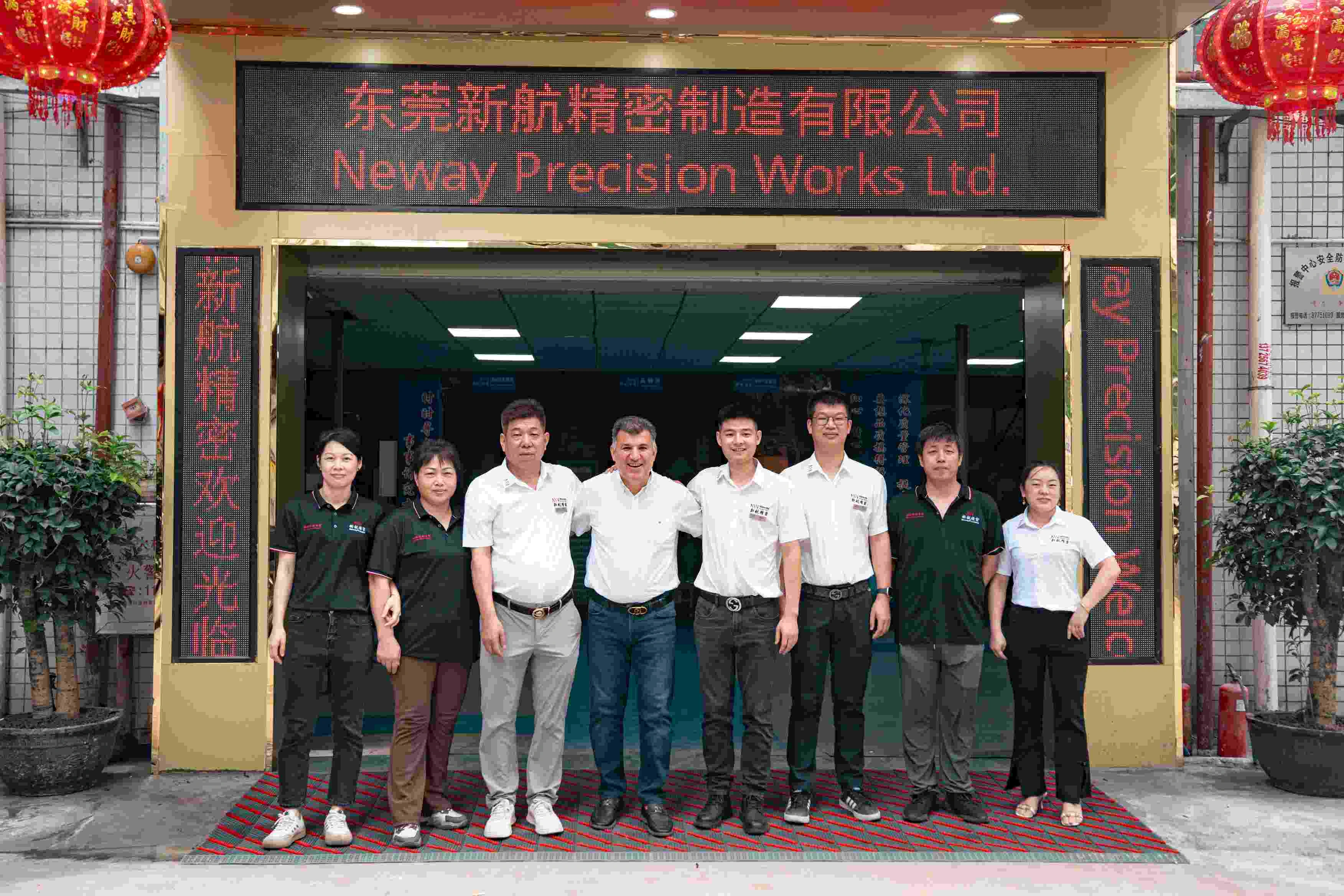Titanium Alloy Aerospace Parts Custom Service for High-Temperature Applications
Introduction to Titanium Aerospace Component Manufacturing
Titanium alloys, known for their high strength-to-weight ratio, exceptional corrosion resistance, and superior high-temperature performance, are critical in aerospace manufacturing. At Neway AeroTech, we specialize in providing customized titanium aerospace components through advanced processes, including vacuum investment casting and superalloy precision forging.
Our capabilities ensure the highest standards of dimensional precision and performance, enhancing component durability under extreme aerospace operating conditions. Leveraging expert engineering, we deliver tailored titanium solutions optimizing aircraft efficiency, safety, and lifespan.
Key Challenges in Titanium Aerospace Component Manufacturing
Manufacturing titanium aerospace parts involves critical technical challenges, including:
Oxidation Resistance: Managing rapid oxidation at elevated temperatures above 600°C.
Machining Difficulty: Overcoming titanium’s low thermal conductivity and high chemical reactivity during machining.
Fatigue Strength: Ensuring reliable performance under cyclic loads at high-temperature conditions.
Metallurgical Control: Preventing impurities and microstructural defects, critical for aerospace certification.
Detailed Titanium Alloy Manufacturing Processes
Vacuum Investment Casting
Precision wax molds accurately replicate complex aerospace component geometries.
Ceramic molds created by refractory coating; wax removal by autoclaving (~180°C).
Titanium alloy casting is performed in vacuum furnaces (<0.01 Pa), preventing contamination.
Controlled cooling at rates of ~40°C/hour reduces internal stresses, distortion, and microstructural anomalies.
Precision Forging
Titanium billets are heated uniformly between 900–1050°C.
Isothermal forging employs precisely controlled dies ensuring superior dimensional accuracy (±0.1 mm).
Controlled cooling rates enhance microstructural integrity, strength, and fatigue resistance.
Comparative Analysis of Titanium Alloy Manufacturing Methods
Process | Dimensional Accuracy | Surface Finish | Production Efficiency | Complexity Capability |
|---|---|---|---|---|
Vacuum Investment Casting | ±0.20 mm | Ra 3.2–6.3 µm | Moderate | High |
Precision Forging | ±0.10 mm | Ra 1.6–3.2 µm | Moderate | Moderate |
CNC Machining | ±0.01 mm | Ra 0.8–3.2 µm | Moderate | Moderate |
SLM 3D Printing | ±0.05 mm | Ra 6.3–12.5 µm | High | Very High |
Strategic Selection of Titanium Aerospace Manufacturing Processes
Vacuum Investment Casting: Preferred for complex, detailed geometries, delivering accuracy (±0.20 mm) and cost-effectiveness for moderate production runs.
Precision Forging: Ideal for critical structural parts requiring superior mechanical properties and precise dimensions within ±0.10 mm.
CNC Machining: Optimal for finishing precision-critical surfaces, offering superior dimensional accuracy (±0.01 mm) and excellent surface finishes.
SLM 3D Printing: Suitable for rapid prototyping and complex internal channels, maintaining dimensional accuracy within ±0.05 mm.
Titanium Material Performance Matrix for Aerospace Applications
Material | Tensile Strength (MPa) | Yield Strength (MPa) | Max Service Temp (°C) | Corrosion Resistance | Aerospace Application |
|---|---|---|---|---|---|
950 | 880 | 400 | Excellent | Structural airframe components | |
1100 | 1030 | 500 | Superior | Compressor blades and discs | |
1170 | 1100 | 550 | Exceptional | High-temp turbine components | |
1200 | 1160 | 600 | Superior | Landing gear structural parts | |
1000 | 950 | 450 | Excellent | Aerospace fasteners and fittings | |
1070 | 1000 | 500 | Superior | Complex engine structural assemblies |
Optimal Titanium Alloy Selection Strategy
Ti-6Al-4V (TC4): Ideal for general structural components needing high strength (950 MPa tensile) and reliable performance below 400°C.
Ti-6Al-2Sn-4Zr-2Mo: Recommended for compressor components demanding excellent mechanical properties and stability at temperatures up to 500°C.
Ti-6Al-2Sn-4Zr-6Mo: Preferred for turbine components due to superior strength (1170 MPa) and creep resistance up to 550°C.
Ti-5553: Optimal for landing gear structures requiring maximum strength (1200 MPa tensile) and high toughness at temperatures up to 600°C.
Ti-15V-3Cr-3Sn-3Al: Chosen for critical aerospace fasteners due to balanced strength (1000 MPa tensile) and corrosion resistance at moderate temperatures.
Beta C: Best for complex structural assemblies in engines, combining superior strength (1070 MPa) and formability at temperatures approaching 500°C.
Essential Post-processing Technologies for Titanium Aerospace Parts
Hot Isostatic Pressing (HIP): Reduces internal porosity, improving fatigue performance under ~150 MPa pressures and temperatures of 900–950°C.
Heat Treatment: Enhances microstructural stability and mechanical properties, crucial for aerospace applications.
Electrical Discharge Machining (EDM): Provides precision machining for internal features, with tolerances down to ±0.005 mm.
Thermal Barrier Coating (TBC): Crucial for reducing thermal exposure of high-temperature titanium components, lowering surface temperatures significantly (~200°C reduction).
Aerospace Industry Case Study: Titanium Compressor Blade Manufacturing
Neway AeroTech provided customized Ti-6Al-2Sn-4Zr-6Mo compressor blades via precision forging and vacuum casting, complemented by HIP and specialized heat treatment. Our integrated approach enhanced blade strength, fatigue resistance, and dimensional accuracy (±0.1 mm).
Our extensive aerospace expertise ensures compliance with rigorous standards, significantly increasing reliability and component life-cycle efficiency at high operating temperatures.
FAQs on Titanium Aerospace Component Manufacturing
What titanium aerospace certifications do you hold?
Do you support rapid prototyping and small-batch production for custom titanium parts?
What quality inspections do titanium components undergo?
Which post-processing methods maximize titanium component performance?
Can you provide technical consultation for optimal titanium alloy selection?

